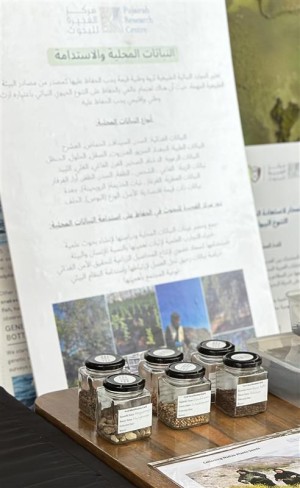
Preserving Our Future: Understanding FRC's Seed Bank Conservation Efforts
Author: Aishah Saeed Sulaiman Al Dhanhani
13-02-2025In an era where biodiversity faces unprecedented challenges, seed banks stand as silent guardians of our planet's botanical heritage. The Fujairah Research Centre (FRC) Seed Bank represents a crucial initiative in the global fight to preserve our natural world for future generations. What is Seed Bank Conservation? At its core, seed bank conservation is a sophisticated preservation system that a...
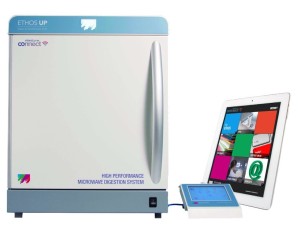
Enhancing Metal Analysis Accuracy with Microwave Digestion Systems
Author: Sachin Ashok Porob
07-02-2025Introduction Accurate metal analysis is crucial across industries such as environmental science, pharmaceuticals, food safety, and mining. However, achieving precise results requires efficient sample preparation methods. One of the most advanced techniques for preparing samples for metal analysis is microwave digestion. This method ensures rapid, complete, and reproducible digestion of various sa...
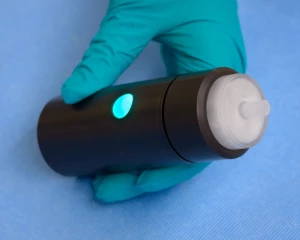
Sniffing Out the Future: Exploring E-Nose Technology and its Diverse Applications
Author: Riya Fathima
05-02-2025Electronic nose (e-nose) technology is revolutionizing how we detect and analyze odors. These devices, mimicking the human sense of smell, utilize an array of chemical sensors that respond to different volatile compounds. When an odor is present, these sensors produce a unique electrical fingerprint, a pattern analyzed by sophisticated algorithms. This process allows e-noses to identify and clas...

AgriIoT: Innovating Solar Technology for Agri-Voltaics
Author: Riyafathima
31-01-2025At the Fujairah Research Centre, we're thrilled to share an exciting project that's pushing the boundaries of sustainable agriculture and renewable energy: the **AgriIoT System for Agri-Voltaics. This innovative initiative combines the power of the Internet of Things (IoT) with cutting-edge solar technology to optimize energy efficiency and revolutionize how we integrate solar panels into agricul...

Data is Not Just Gold—It Is the Foundation of Progress
Author: Yassir Seffar
30-01-2025In today’s rapidly evolving technological landscape, data is far more than just a resource—it is the foundation upon which innovation and progress are built. As we advance into the era of the Internet of Things (IoT), the importance of collecting accurate and reliable data cannot be overstated. Whether it’s for environmental monitoring, energy management, or any number of other IoT applications, t...
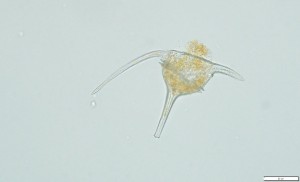
The Importance of Phytoplankton Analysis in Seawater and Biotoxin Effects on Shellfish
Author: Muhammed Namseed Padinhar Ismail
29-01-2025Phytoplankton, the microscopic marine plants forming the base of the aquatic food web, play a crucial role in marine ecosystems. Their analysis in seawater is essential for monitoring environmental health, ensuring seafood safety, and assessing the impacts of harmful algal blooms (HABs). One of the major concerns related to phytoplankton is their ability to produce biotoxins that can accumulate in...
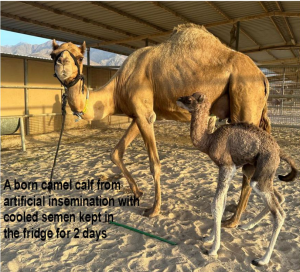
Challenges in Short-Term Preservation of Camel Semen at 5°C: A Breakthrough in Fertility
Author: Dr.Nabil Abdel Hamid Mansour
28-01-2025Camel breeding plays a vital role in regions where these animals are essential for transportation, dairy production, and cultural heritage. However, preserving camel semen for short-term use has posed significant challenges, particularly when cooled to 5°C. Recently, we achieved a major milestone: fertility with semen preserved for three days at refrigeration temperature. This success, enabled by...
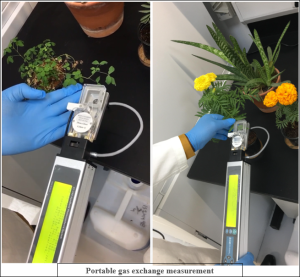
Portable gas exchange tool to determine the plant physiological behaviour in relation to the stress.
Author: Dr.Francois Mitterand Tsombou
22-01-2025Ecologically, deserts are considered as ecosystems where light, temperatures and water deficit are the major environmental factors that limit plant physiology. Therefore, plant growing in the desert environments have spectacularly adjusted their mechanisms of survival according to the changing occurring in their natural habitats. Many mechanisms have been addressed including morphological, physiol...
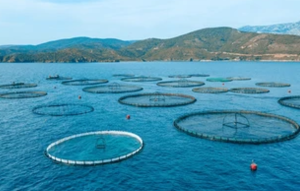
The Benefits of Polyculture: Gilthead Seabream and Safi Fish in Fujairah Waters
Author: Dr.Nabil Abdel Hamid Mansour
15-01-2025The polyculture of gilthead seabream (Sparus aurata) and safi fish (Siganus canaliculatus) is emerging as a sustainable and efficient alternative to traditional monoculture in Fujairah’s aquaculture industry. This approach, led by Omega Farm in collaboration with the Fujairah Research Centre, offers numerous benefits, including improved resource utilization, enhanced water quality, reduced disease...
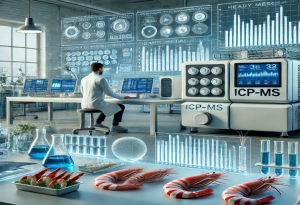
Heavy Metal Analysis in Seafood Using ICP-MS
Author: Sachin Ashok Porob
14-01-2025Seafood is an essential component of a balanced diet, offering rich sources of proteins, omega-3 fatty acids, vitamins, and minerals. However, the increasing levels of environmental pollution have raised concerns about the presence of heavy metals in seafood. Heavy metals such as mercury (Hg), lead (Pb), cadmium (Cd), and arsenic (As) are potentially toxic and can accumulate in marine organisms, p...
